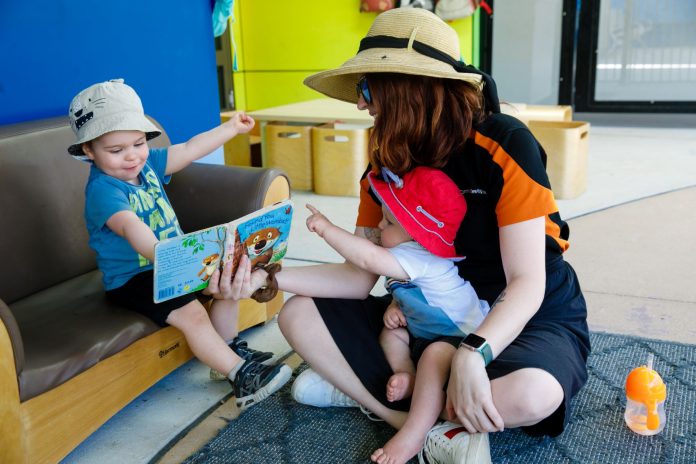Early education for your child is an important step toward their future. This can help them develop a love of learning and improve their ability to interact with others. Research has found that early child education programs have many benefits, including improved social skills and self-confidence.
Improves social skills
Social skills are important for children to learn. They help children make friends and get along with others, allowing them to build lasting relationships that will last a lifetime.
Social skills can be learned at home, school, and in the community. Social skills can also be improved by participating in programs like soccer or Girl Scouts, where they learn more about dealing with other people.
Social skills are helpful for success in life because they allow you to work well with others and make good decisions when making friends or date choices. Learning these things early will prepare your child for future challenges so they can easily manage their emotions when facing situations that may cause stress or anxiety later down the road in life.”
Better prepared for school
Your child will be better prepared for school. Early child education helps children learn to listen, follow instructions, get along with others and handle frustration. It also teaches them about sharing and taking turns – all important lessons for a successful kindergarten experience. The earlier your child starts preschool, the better! Starting early puts them on the path to success from an early age, which can lead to higher test scores and grades throughout their educational career and better job prospects when they grow up!
Enjoy learning
You’ll be surprised at how much fun your child will have when they start learning. They may want to learn more and more new things. Learning is an important step in growing up. It helps you become more independent and makes you feel good about yourself because you are doing something important with your life.
Learning is a lifelong process that continues even after you leave school or college!
Problem-solving ability
When you think of the benefits of early child education, problem-solving may not be the first thing that comes to mind. But it should! The ability to solve problems is an important life skill and one that your child will need in order to thrive in a world where even simple things can be complicated.
It’s true that some children are naturally more adept at problem-solving than others—this varies from child to child and from situation to situation—but these skills can also be learned through practice. Suppose your child has been taught how to think critically and strategically while faced with various challenges throughout his or her educational career. In that case, he or she will likely have an easier time when faced with new problems later on down the line.
Self-confidence
Many factors influence your child’s self-confidence. Self-confidence is a learned behaviour, so it can be improved by learning new things, such as how to read and write. Being successful in school can also help build your child’s self-confidence. However, the more time you spend with your child teaching them new skills and encouraging their success, the more they will grow in knowledge and confidence.
To conclude, early education is a great way to prepare your child for the future and give them the tools they need to succeed. Not only will they learn important life skills such as problem-solving and self-confidence, but they’ll also be better prepared for school by learning how to work with others and follow directions at an early age.









